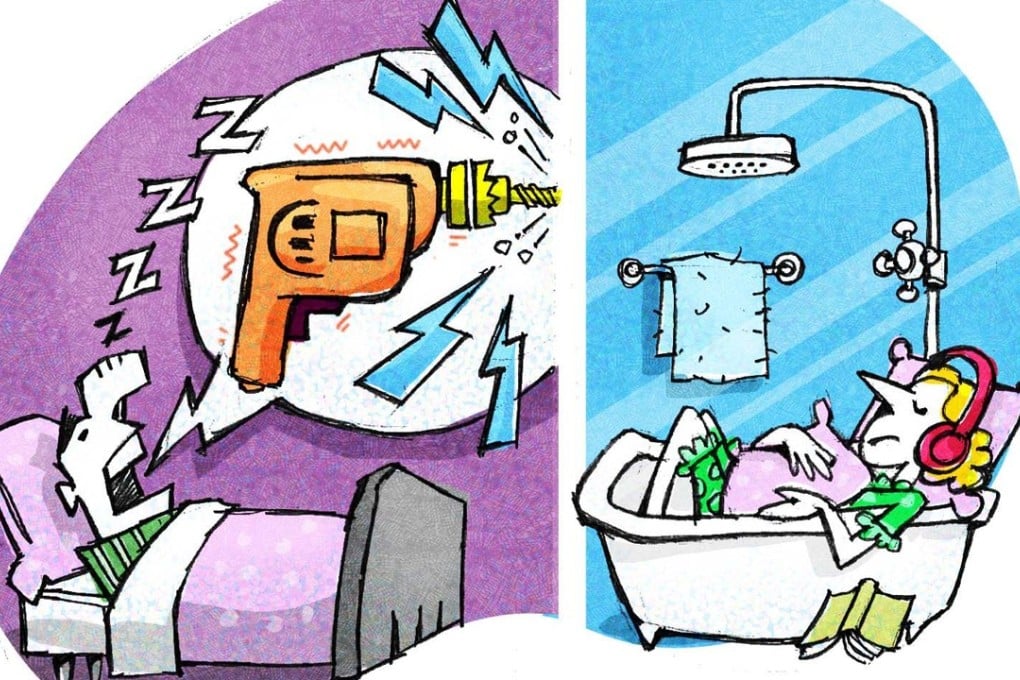How to cope with a snoring partner, why they do it and the tools you can use to diagnose the problem: story of a tired spouse
Anthea Rowan has slept on sofas, spare beds, even in hotel bathtubs – anything to get away from her husband’s snoring. Here she tells her sleep-deprived story, and asks the experts how she can finally fix the problem

“Laugh and the world laughs with you, snore and you sleep alone.” (Anthony Burgess, English writer and composer).
I sleep with a snorer. There are few things more stressful than being on the point of dropping off to sleep only to be jolted wide-awake by a loud snore ripping through your consciousness. And once I’m awake, it’s impossible to relax enough to fall asleep again because I’m anxiously waiting for the next, inevitable, snore.
I have kicked, shouted, shoved. I have held a pillow over my husband’s face to muffle the sound. I have slept in other rooms many, many times – easily done at home, much less so when away, where I have slept in hotel bathtubs cushioned in towels and complimentary bathrobes.
I love him, but I hate his snoring. I’m by no means alone. There are millions of snorers out there – 15 million in the UK alone. Twice as many of them are men, which means a lot of snarly, sleep-deprived women like me.
According to the British Snoring & Sleep Apnoea Association, bed partners of snorers report they often have to manage on just three to five hours’ sleep per night. They also visit their doctor more frequently and – ironically – are more likely to be hard of hearing than non-snorers and their partners.
“Snoring can become a focal point of both frustration and shame within the dynamic of a couple’s relationship,” wrote Michael Breus, a clinical psychologist, in Psychology Today in 2014. “The person who is kept awake (or who has to shuffle off to the spare bedroom in the middle of the night) may grow to feel resentful of his or her snoring partner.”